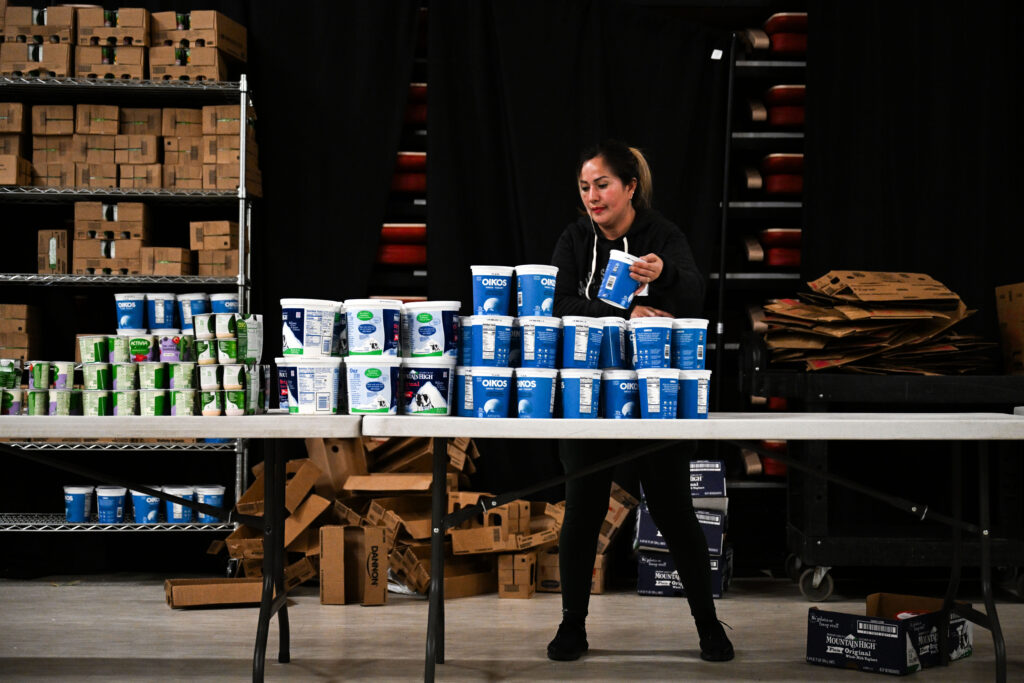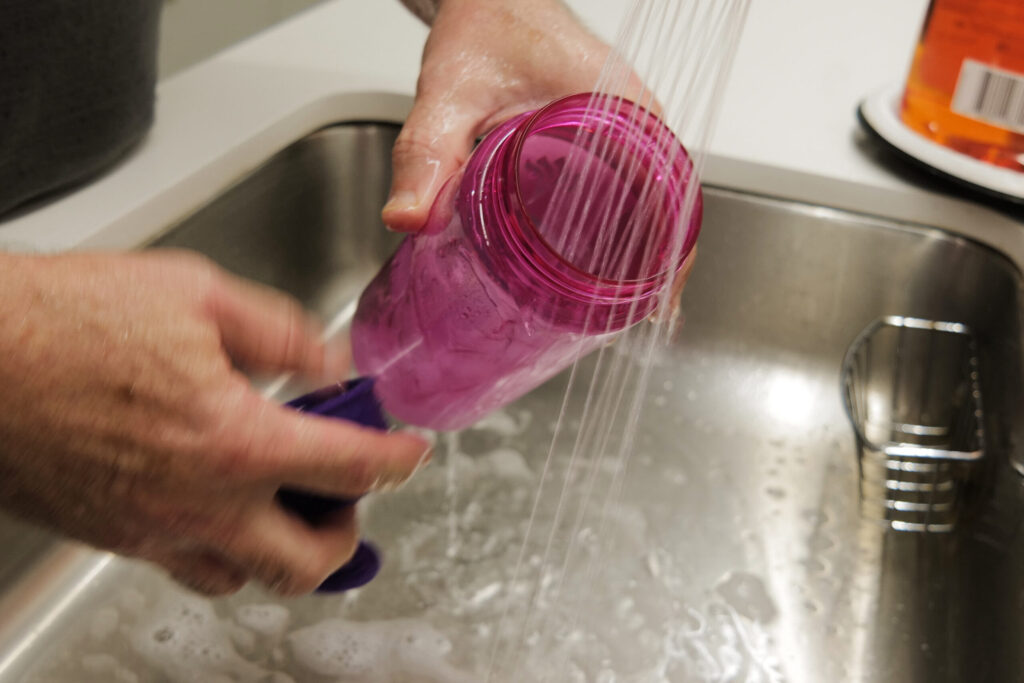UCHealth expands capacity for mental health responder programs in Colorado

Courtesy photo
A 20% increase in mental health calls last year prompted UCHealth to expand its co-responder initiative with additional clinicians and new law enforcement partnerships in two communities, including Aurora.
To meet the growing need, UCHealth added clinicians to the health system’s existing teams — which respond with law enforcement to mental health calls — in El Paso County, Fountain, Fort Collins and on the campus of Colorado State University.
The health system started a new program in Manitou Springs and took over the one staffed by another provider with the Aurora Police Department earlier this year, according to a news release.
“Co-response is our best effort to meet the needs of some of our most vulnerable community members,” Stephanie Williams, co-responder supervisor for UCHealth’s northern region, said in a press release.
“Many of them have unmet behavioral health needs, which often leads to increased contact with police.”
Responding clinicians with law enforcement can de-escalate situations and help officers better understand an individual’s needs during a behavioral health crisis in the hope of diverting people away from the criminal justice system or Emergency Departments.
Suicide is now the leading cause of death for Colorado’s youth and the second-leading cause national, state and federal data shows.
Suicide is often connected to an injury or violence such as child abuse, bullying, or sexual assault, according to the Centers for Disease Control and Prevention.
The mental health crisis has unfolded slowly over the past several years.
In 2019, UCHealth announced a $100 million investment — now with philanthropic matched-giving is at more than $150 million — in behavioral health services to target a widening health care gap exacerbated by the COVID-19 pandemic.
In roughly the first half of 2023, UCHealth clinicians have responded to more than 1,300 mental health calls in Aurora compared to the roughly 1,500 in 2022, a 12% increase.
UCHealth clinicians in El Paso County last year made contact with more than 2,100 clients.
“We were able to divert 85 percent of those people from the emergency room, and 99 percent of them from jail,” Andrea Wood, manager of behavioral health for UCHealth in Colorado Springs, said in a press release. “In more than half of these cases, we were able to treat the person in need on-site.”
The area of the state with the greatest spike was with the Fort Collins program, which saw a 41% increase from 2021 to 2022.
UCHealth launched its first co-response program in 2018.
Headquartered in Aurora, UCHealth is a nonprofit health system with facilities in Colorado, Wyoming and Nebraska.
















